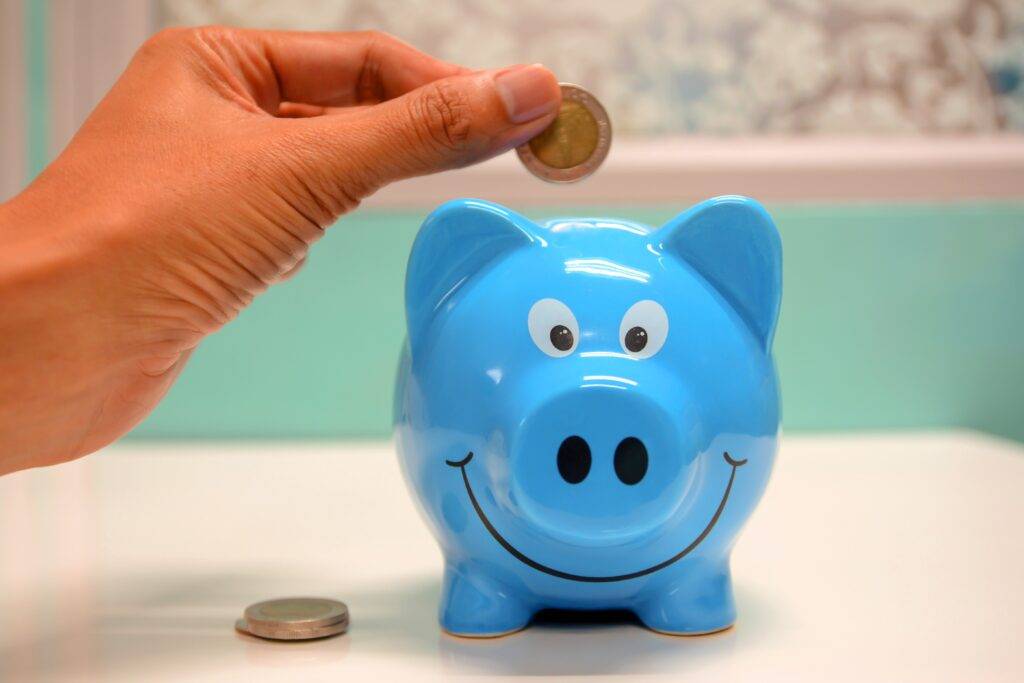Cutting Costs:10 Tips To Help Reduce Energy Bills
Are you looking for ways to reduce your energy bills?
With the rising cost of living, it’s important to find ways to reduce your energy consumption and save money.
Fortunately, there are some simple changes you can make to help reduce energy bills and save money.
Here are 10 tips for cutting your energy costs:
1. Switch to LED bulbs:
LED light bulbs use 75% less energy than standard incandescent bulbs, reducing the amount of electricity you use.
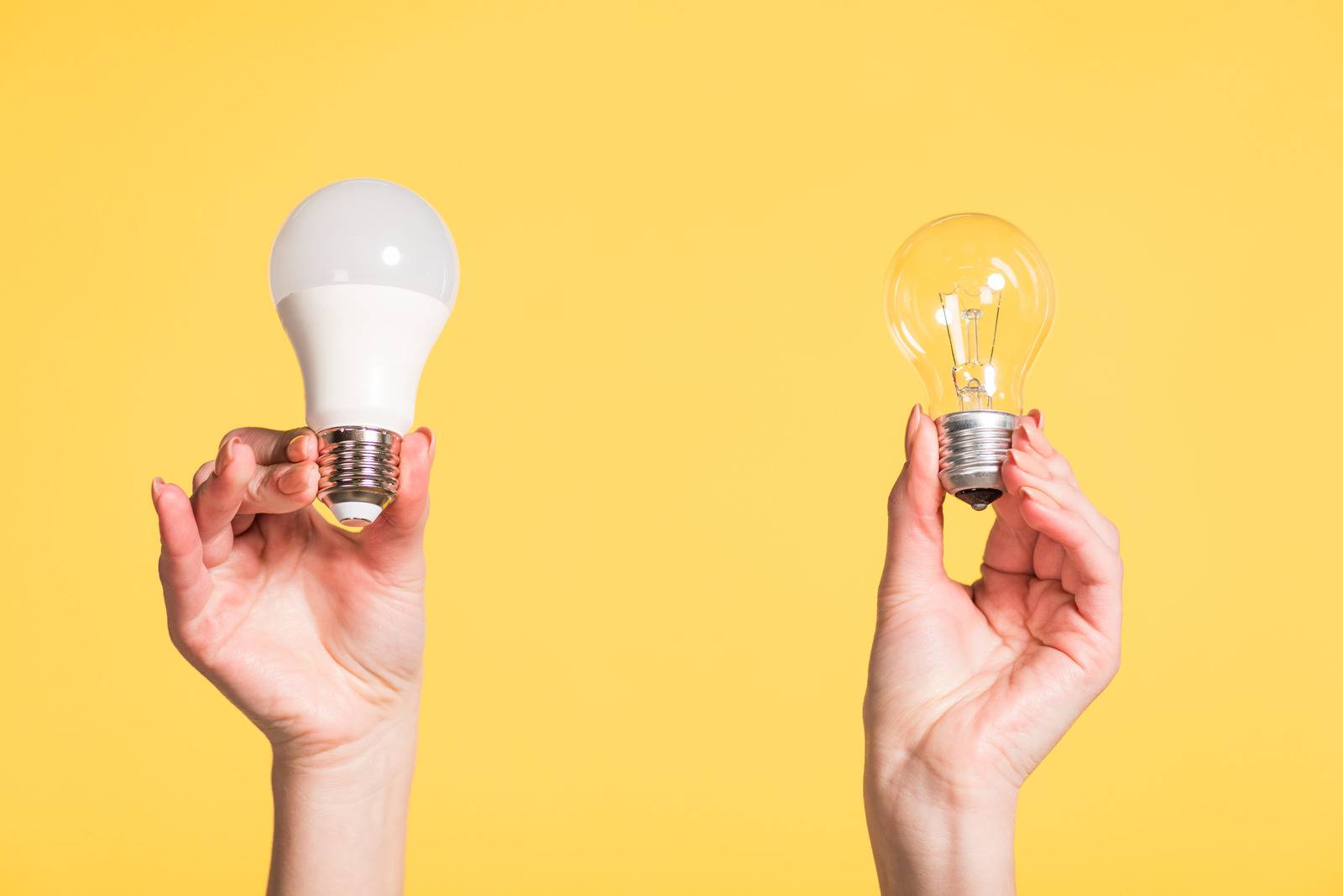
These are more energy efficient and last longer than traditional bulbs, meaning you will save money by not having to replace them as often.
Dimmer switches are also a great way to save energy and money – you can reduce the amount of electricity used by adjusting the level of light in your home.
Turning lights off when not needed can also help reduce your energy bill.
2. Install insulation:
Adding insulation to the walls and attic of your home will help keep warm air inside during the winter months, reducing the need for additional heating.
Consider weatherstripping around windows and doors as well to further seal in heat and keep cold air out.
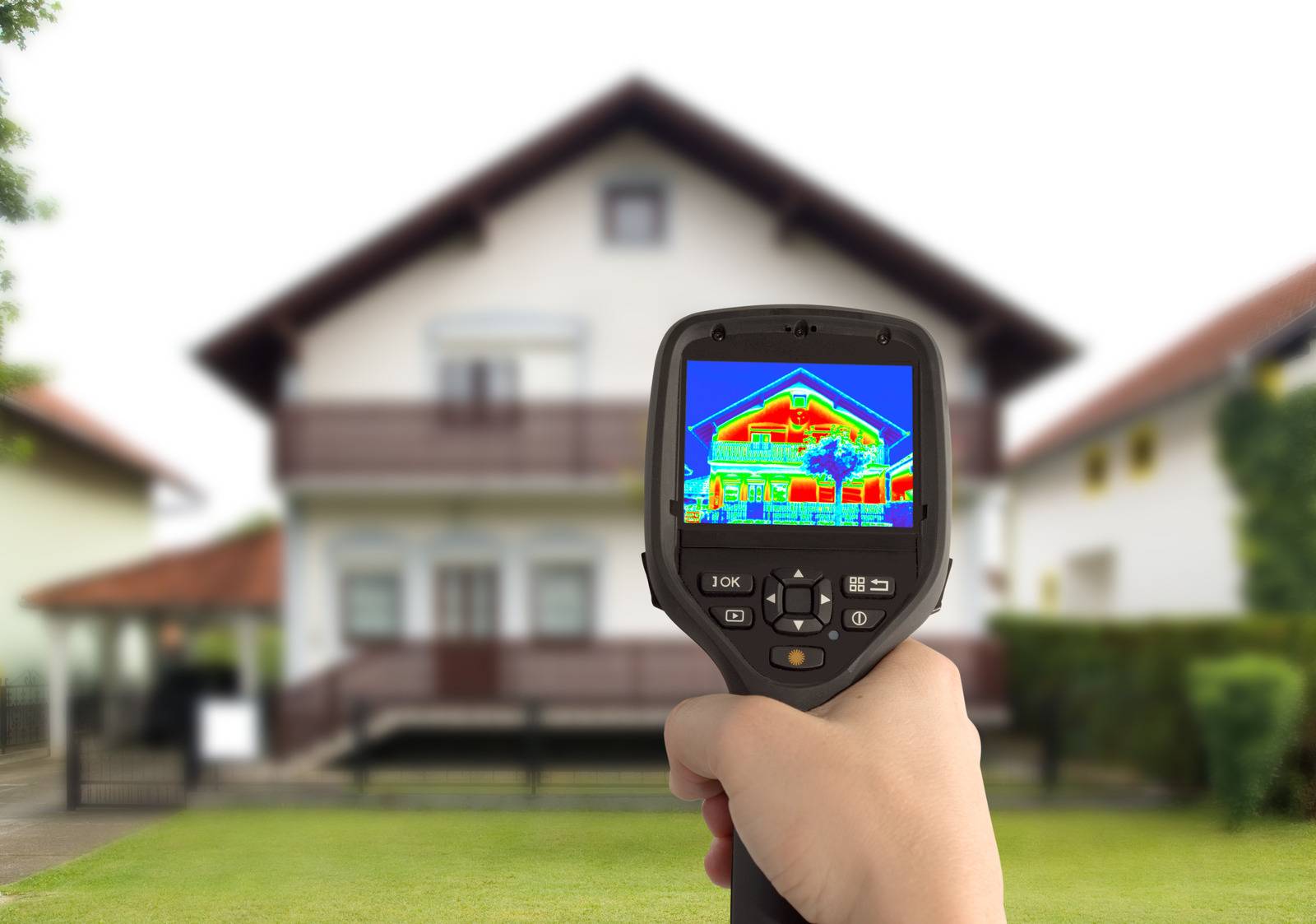
You can use a thermal imaging camera to help identify gaps in insulation and air leaks.
Although the initial cost of installing insulation can be expensive, it will save you money in the long run by reducing your heating costs.
3. Unplug Electronic Devices:
Unplugging devices when not in use is a great way to reduce electric bills.
The typical family uses electronics that still consume electricity even when not in use, such as:
- TVs,
- DVD players,
- Computer monitors
- Chargers
- Smart Home Devices
Unplugging these items can save up to 10% on your electricity bill.
Smart power strips
Another way to save energy is by investing in a smart power strip.
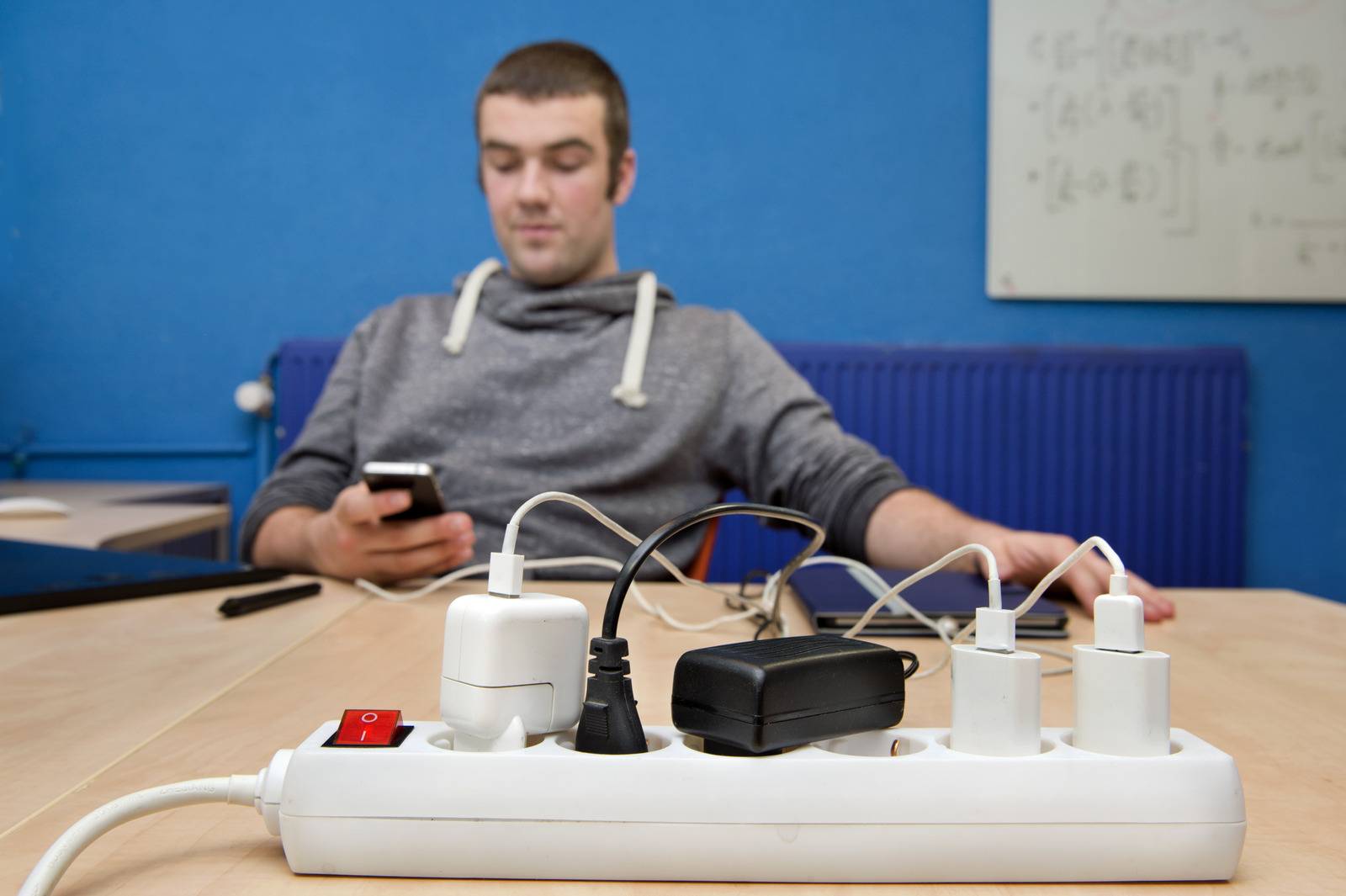
This device detects when appliances are not being used and shuts off their power supply, preventing them from draining electricity unnecessarily.
Smart power strips are especially helpful for households with multiple electronic devices as they can help you save up to 10% on your energy bills.
Using a timer on your air conditioner is also an effective way to save energy and money.
By setting a timer, you can ensure that the air conditioner only runs when necessary and not waste electricity by running all day.
4. Install a smart thermostat:
Installing a programmable thermostat can save you money on heating costs by automatically adjusting the temperature of your home based on when you’re away or asleep.
Smart thermostats can be controlled remotely and are designed to reduce energy consumption when not at home.
A programmable thermostat will also let you set different temperatures for different times of the day, so you can ensure that your home is only heated when needed.
Ceiling Fans
Alternatively in the summer months ceiling fans are a great way to reduce energy costs in the summer months.
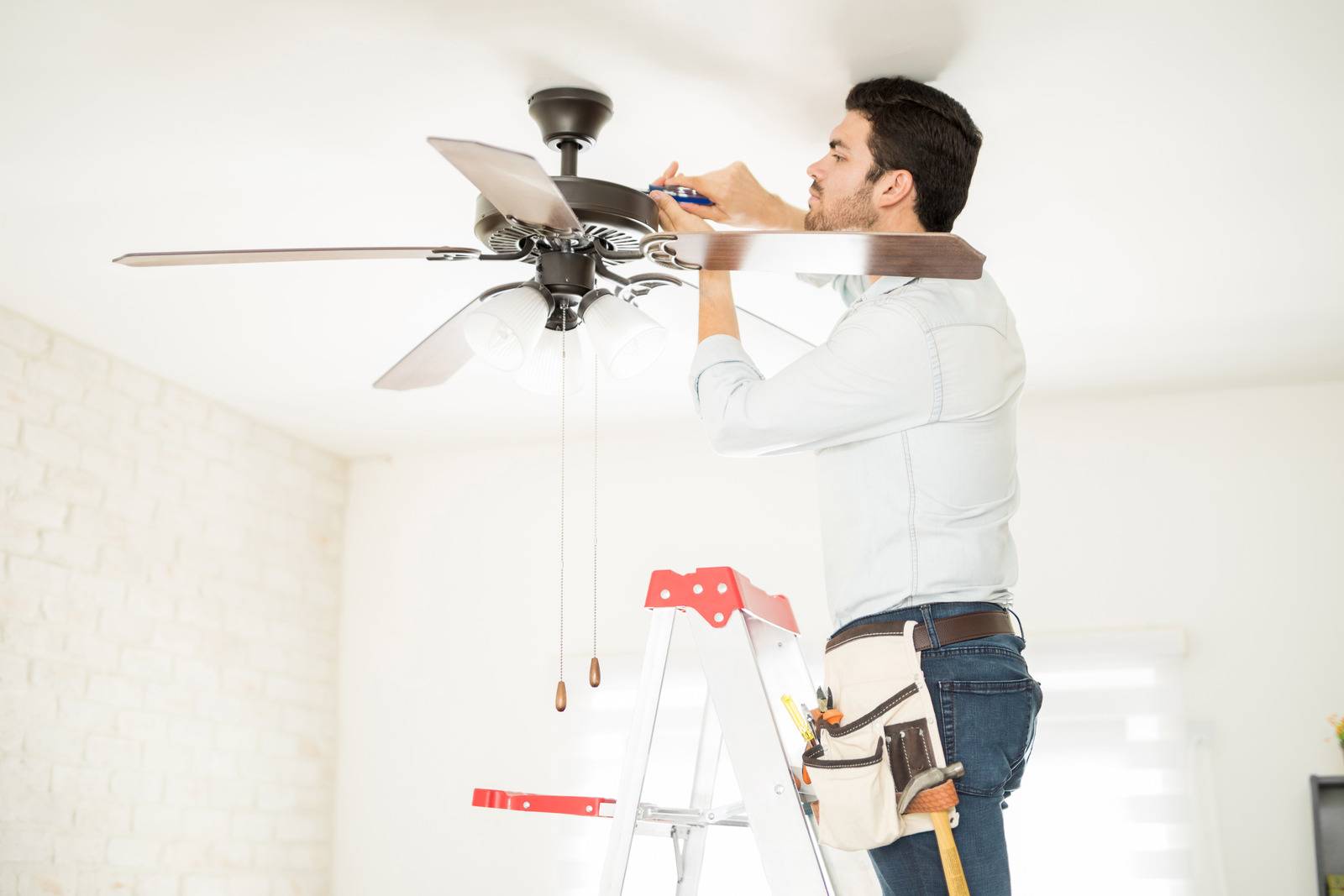
Ceiling fans use less electricity than air conditioning units, and can create a cooling effect throughout your home.
Ceiling Fan installation is relatively straight forward and can be done as DIY project or with the help of an approved electrician.
Be sure to turn off fan blades when not in use, as they do still consume energy when left running.
5. Use a Washing line:
Hang-drying your clothes rather than using a dryer will significantly reduce the amount of electricity used for laundry each month.
Investing in an outdoor clothesline is an easy way to save energy and money.
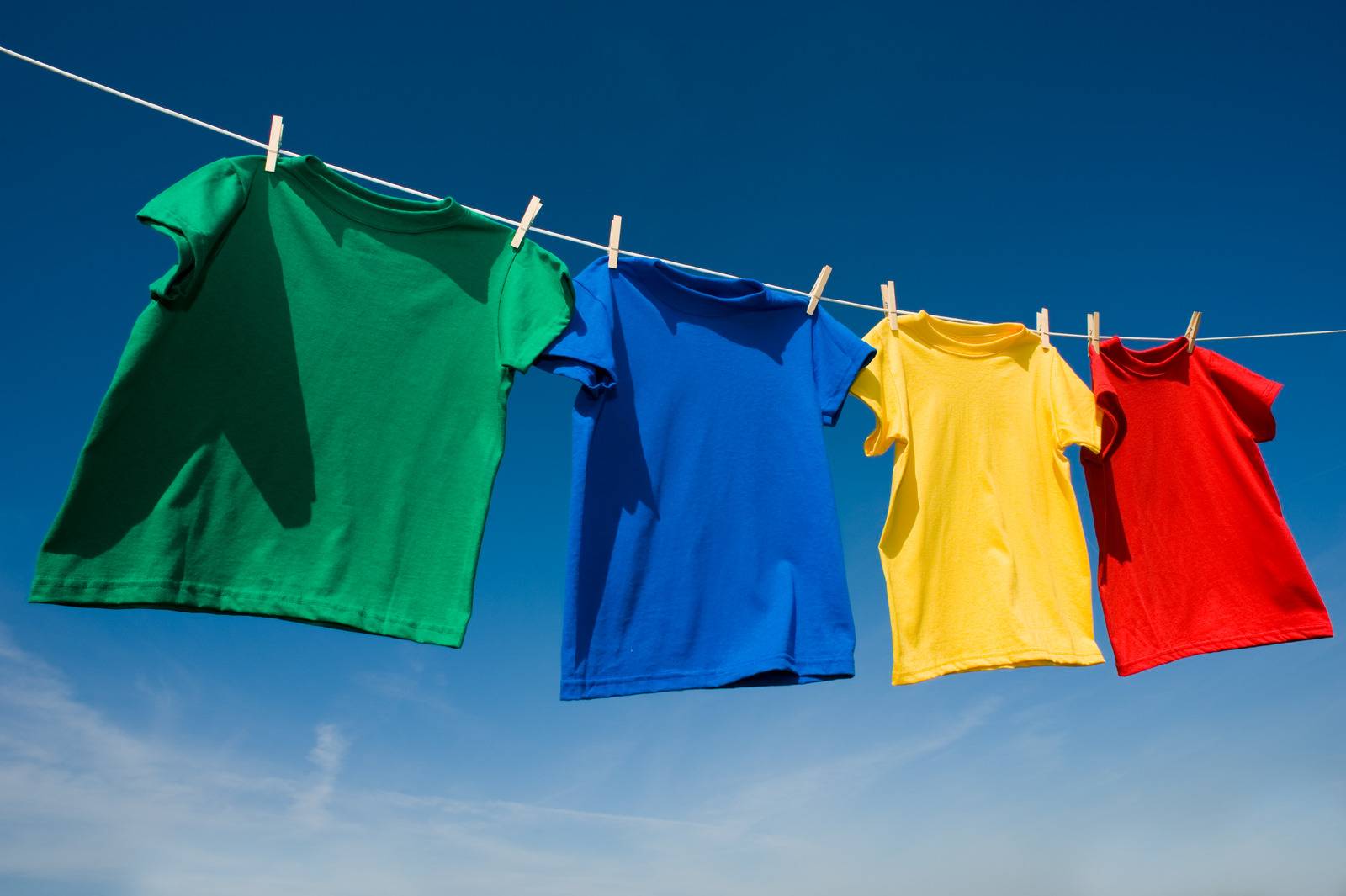
Although line drying takes longer than using a dryer and depends on the weather, you could invest in a clothes maiden to hang your clothes inside your home, it is a great way to reduce electricity bills .
Tumbles dryers use a lot of electricity and cost money to run, so use them sparingly.
6. Off Peak Hours
Off peak hours can also be beneficial when running a washing machine or dishwasher, as electricity is cheaper during those times.
Off peak hours are typically between 9pm and 7am, when the electricity demand is much lower.
This means that energy companies can offer cheaper rates during those hours as there is less strain on the system. During off peak hours your appliances will use less energy, meaning you will spend less money each month.
7. Turn down your water heater:
Setting the temperature on your water heater to 120°F can save up to 10% on your energy bill each month.
This is because most hot water heaters are pre-set to 140°F, which is higher than most people need for taking showers and washing dishes.
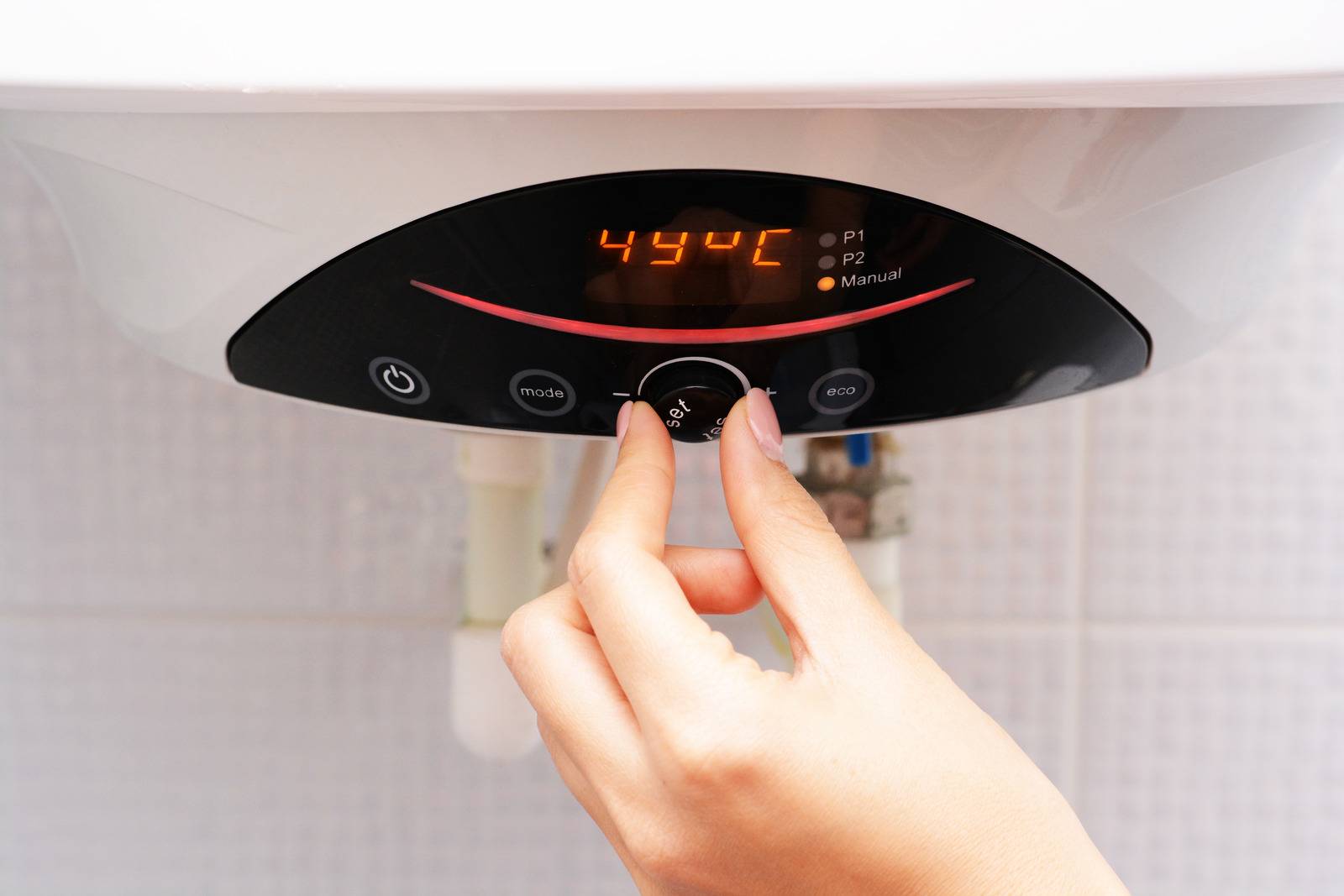
Hot water heaters account for up to 18% of a home’s energy consumption, so turning down the temperature can make a big difference.
A water heater timer can also be installed to turn off the heater when not needed, further reducing your energy bill.
8. Take shorter showers:
Taking shorter showers can save you money and is more energy efficient, as it also reduces the amount of energy used to heat the water.
Try limiting yourself to five-minute showers or investing in a water-efficient showerhead.
A hot shower is a luxurious treat, but it also consumes a lot of energy and money. Limiting the amount of time you spend in the shower can help you save money on your energy bill.
9. Invest in energy-saving appliances:
Investing in Energy Star rated appliances can dramatically reduce your electricity bill and help the environment.
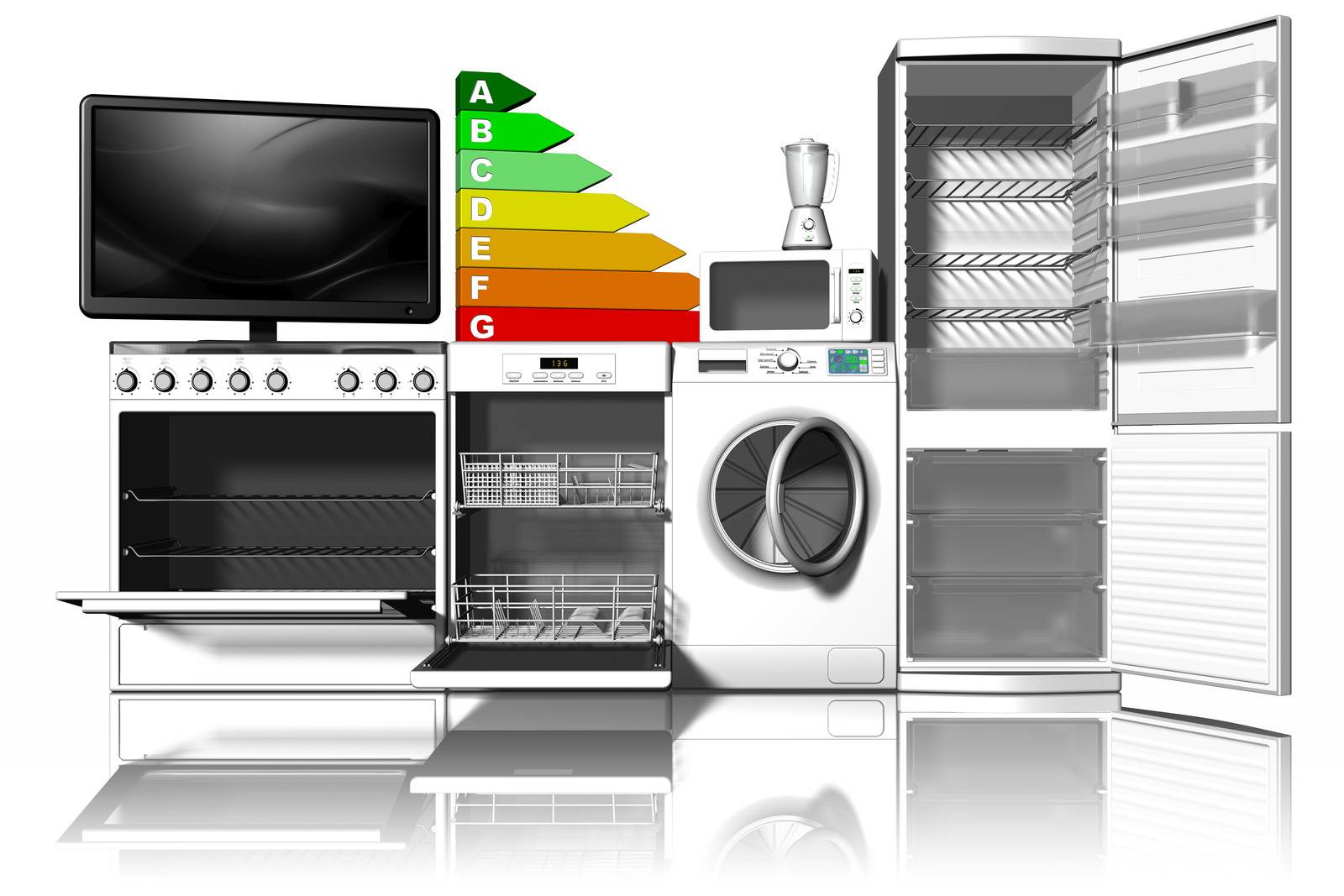
These appliances are designed to be more energy efficient than standard models, so you’ll save money on your you will save on energy costs in the long run.
Appliances such as:
- Fridge and freezer units
- Dishwashers
- Washing Machines
- Dryers
All come as energy efficiency models. They may cost more upfront, but will save you money on your electricity bill for many years to come.
Solar panels
Installing solar panels is a major investment but is an excellent way to reduce your energy bills and harness free energy from direct sunlight.
Although it can be expensive upfront, investing in solar panels will eventually pay for itself by saving money on electricity bills.
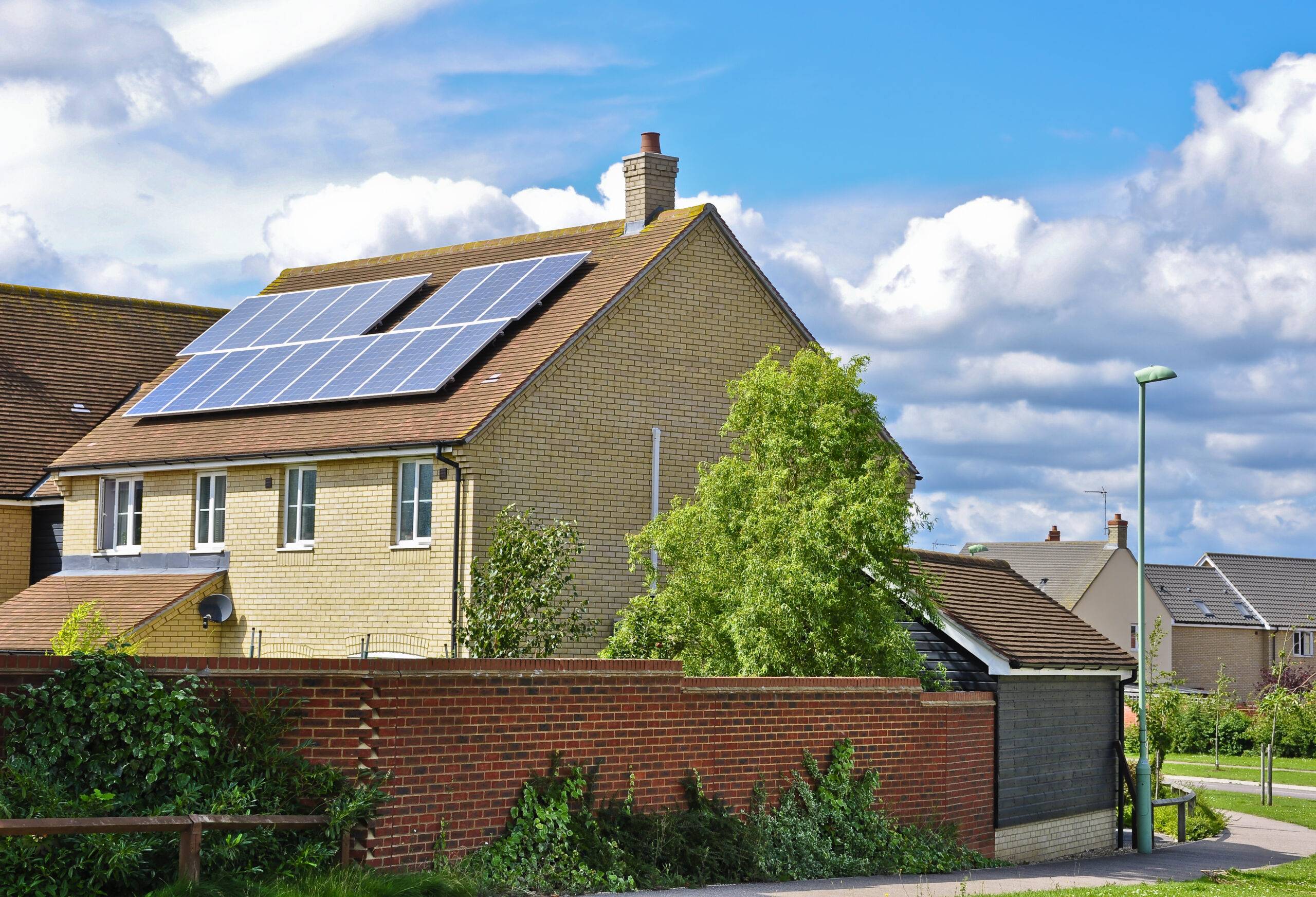
Solar panels are also eco-friendly and contribute to a more sustainable lifestyle, as they generate clean energy that does not pollute the environment.
The government even offers tax credits for installing solar panels, so be sure to do your research before making this investment.
HVAC System
HVAC stands for heating, ventilation, and air conditioning. It is a system of components and machines used to maintain comfortable temperatures, humidity levels, and air quality in a building or home.
HVAC equipment includes the furnace or heat pump to provide heated air in the winter, as well as an air conditioner to cool off.
HVAC system maintenance is also important to save energy, as a well-maintained system will run more efficiently.
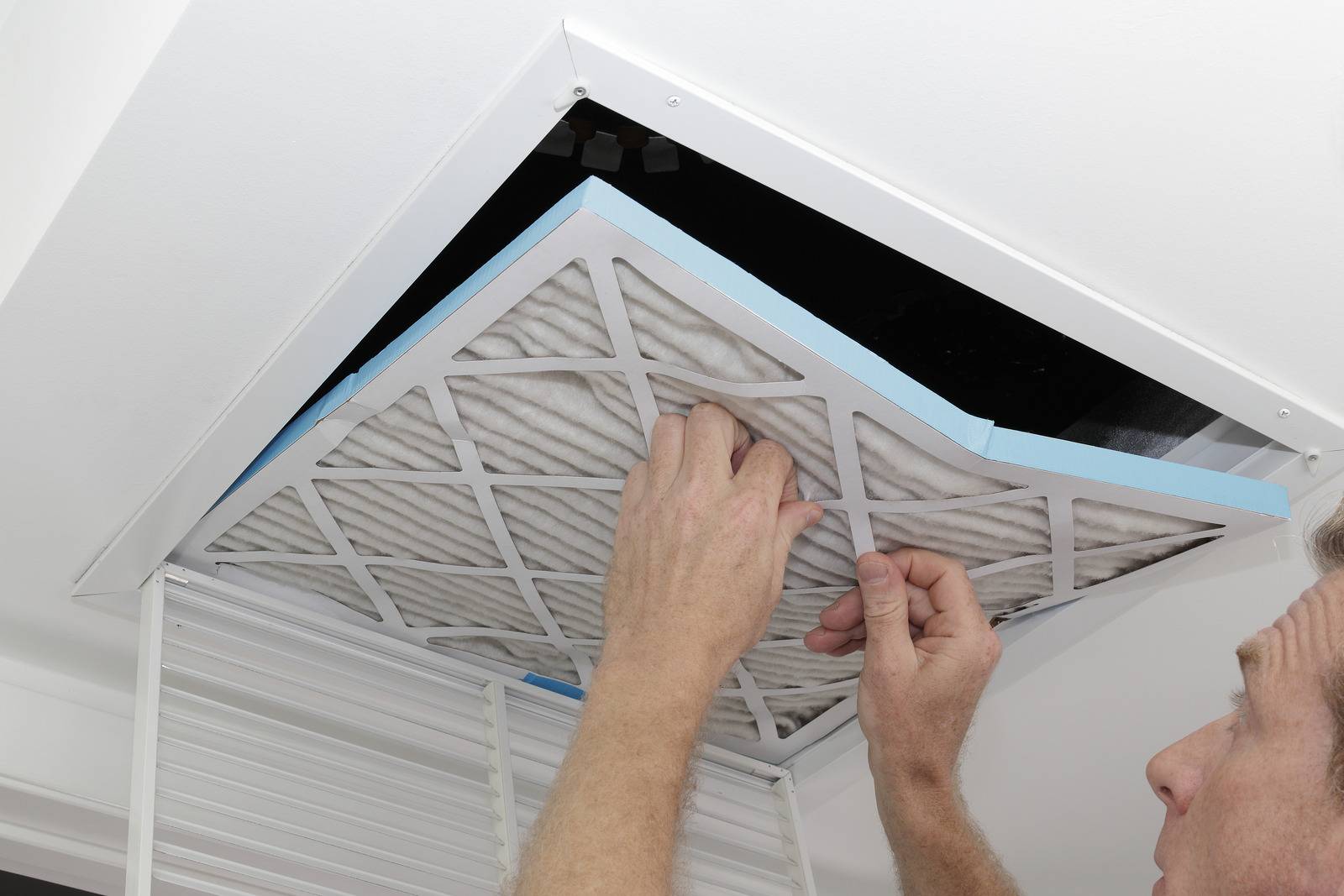
Changing the air filter regularly and having an annual tune-up of your HVAC can help reduce electricity bills by keeping your system running at peak performance.
Additionally, sealing any air leaks or gaps around windows and doors will prevent heat loss from your home in winter and hot air from entering in summer, which means the HVAC system will not have to work as hard.
10. Wash clothes in cold water:
Most modern washing machines are designed to work with cold water, meaning you don’t have to use hot water every time you do a load of laundry.
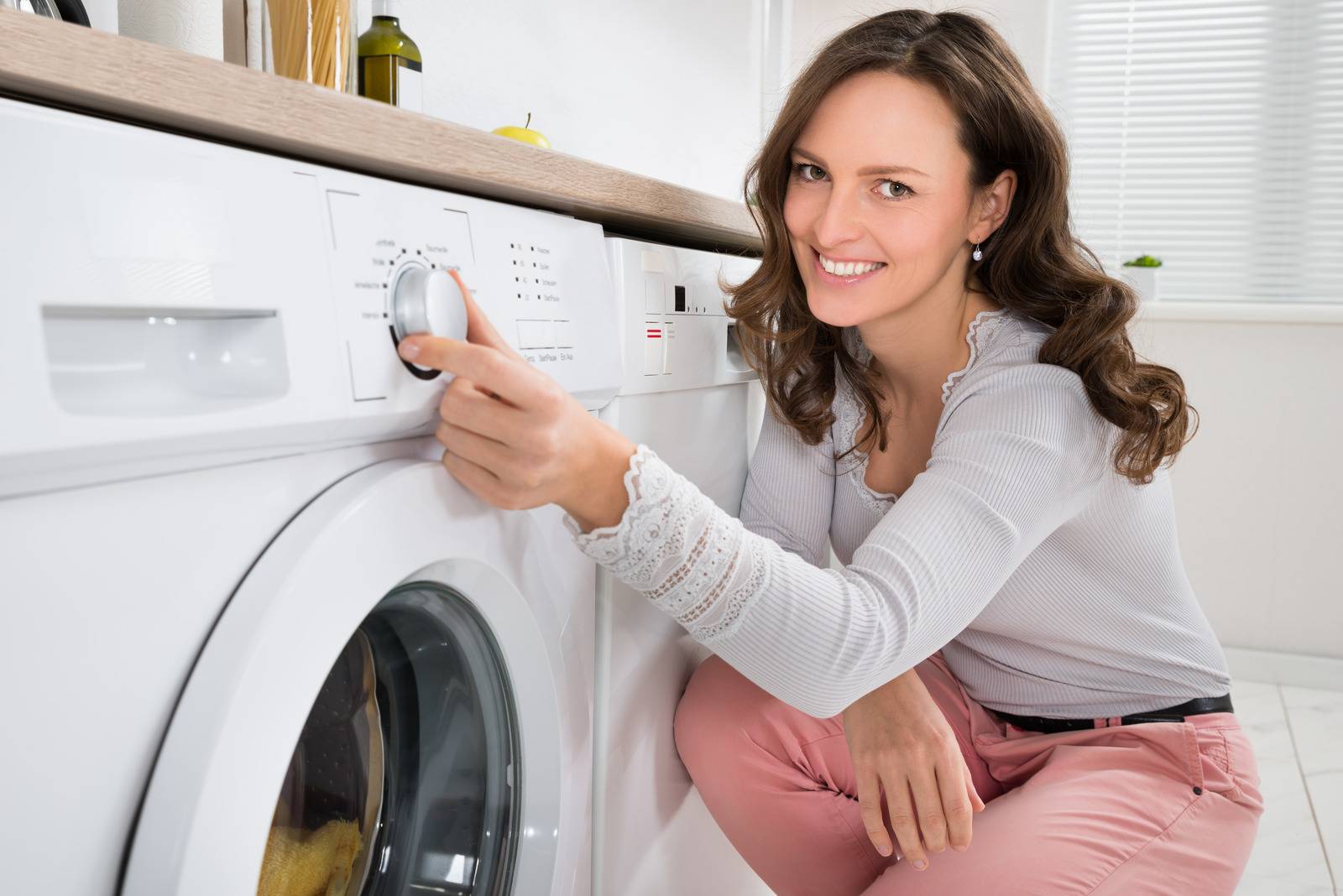
By using cold water when possible, you can reduce the amount of electricity needed to heat the water and save money on your electricity bill.
Cold water washes are also gentler on clothes, so they will last longer and the colours won’t fade as quickly.
For heavier stains you can always use a pre-treatment spray before washing in cold water to ensure the best results.
Cut back your energy use
By making small changes to cut back on your energy use around the house, you can save money on energy bills and become more energy efficient.
Whether it’s investing in energy-saving appliances, installing a water heater timer, or simply washing your clothes in cold water – these small changes will make a big difference to your wallet and the environment.

